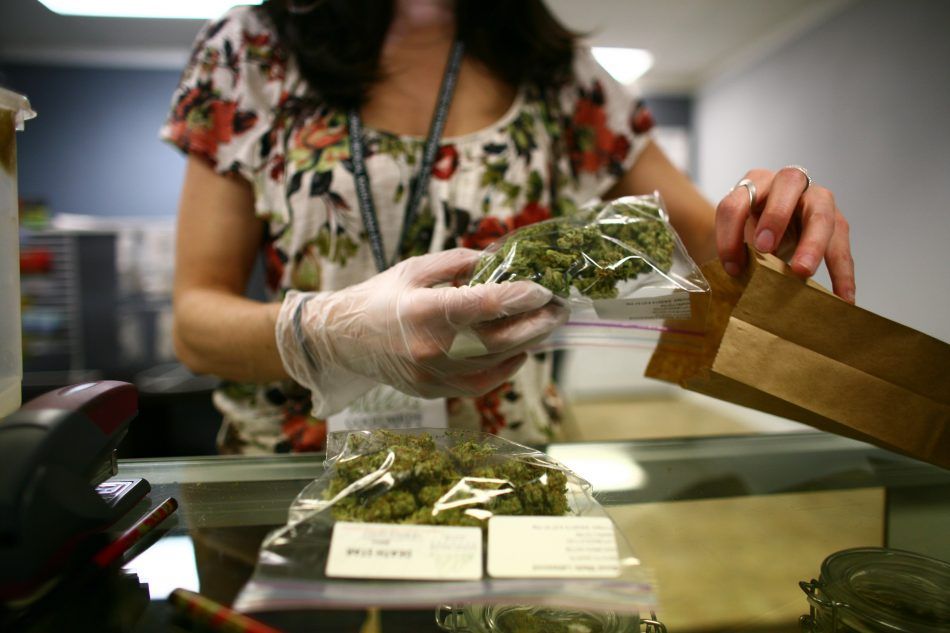
The cannabis industry is racist, and even more so during a pandemic
White-owned businesses are reaping the benefits of an industry built on the backs of Black and Latinx communities.

The Black community essentially created a highly valuable industry, which, though illegal, white legislators saw, changed the rules, and now that demographic is making the big bucks.
Before legalization, it took around $100 dollars to start a business. Today’s legal, “professional” operations can cost upwards of $120,000, legal fees, insurance, and taxes not included.
This is part of the reason blamed for the lack of Black and Latinx entrepreneurs in the cannabis industry. With legalization moving in a framework that only allows access for the white and the wealthy, this creates room for little diversity and continued disenfranchisement of BIPOC.
Many Black and Latinx small business owners lament that the only way to enter the industry is through partnering with large, white-owned businesses and firms for financing.
Yes, the cannabis industry generates wealth, but the licensing processes and regulations are only generating wealth for states and the ethnic majority of business owners.
In just a handful of years, selling cannabis transitioned from a major felony to an essential business during the coronavirus pandemic.
The benefactors are the majority of white businesses who are allowed to continue operations while the Black and Latinx individuals are dying at a disproportionate rate in cities, and in jails.
And it doesn't stop there.
RELATED CONTENT
In states that have fully legalized marijuana use, or even decriminalized its use, arrest policies still disproportionately target Black people in particular, followed by Latinos. No matter what the legal status, Black people are still significantly more likely to be arrested.
According to the Drug Policy Alliance, Black and Latinx individuals make up nearly half of all drug-related arrests, despite comprising just 31.5% of the US population.
High incarceration rates have left Black and Latinx inmates more vulnerable, as a pandemic threatens the lives of those who largely built the cannabis industry. Spaces such as jails and prisons, where racial and ethnic minority groups are overrepresented are especially susceptible to COVID-19 due to close quarters and contact with correctional staff.
If we stop arresting people for minor offenses — cutting arrests by half — 12,000 lives in jails can be saved, the ACLU found. These reforms are urgent now more than ever, but it is up to the powers in office to decide.
In April, Colorado cut its jail population by 31 percent. As a result, the ACLU estimates it will save 1,100 imprisoned lives, and could reduce the state’s COVID-19 death-toll by 25%.
Wealth gaps, high incarceration, racist policing, a pandemic: All this makes for a recipe that continues the disenfranchisement of Black and Latinx individuals from a booming business they helped create.











LEAVE A COMMENT:
Join the discussion! Leave a comment.